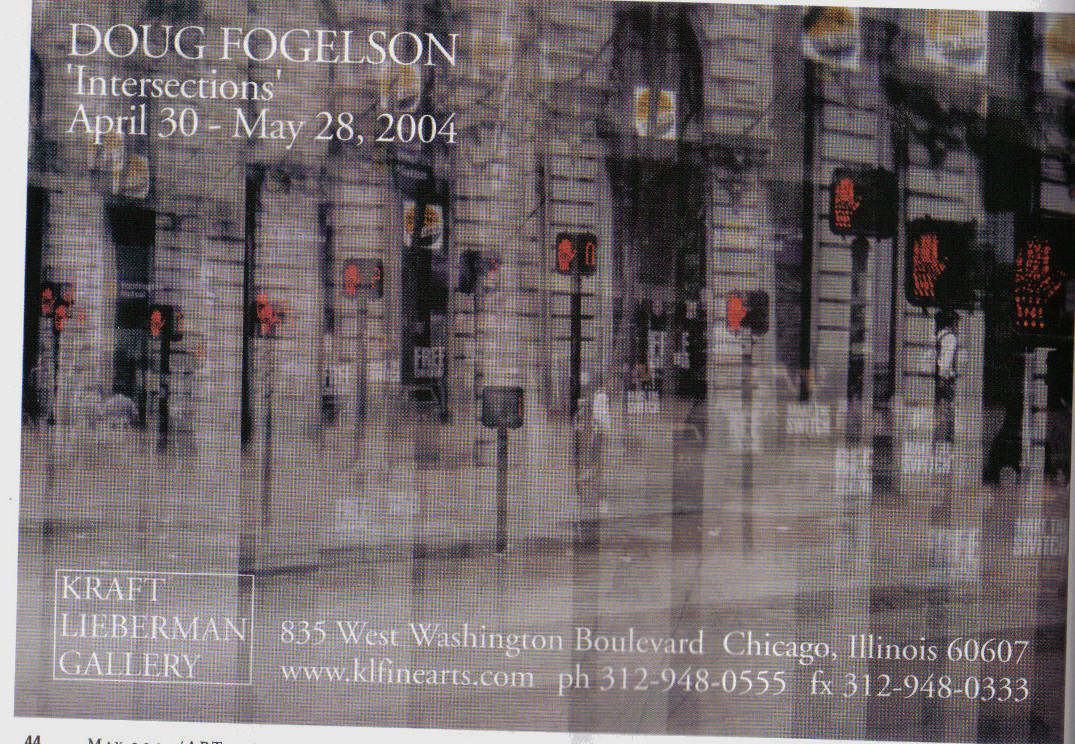
 | Ever find yourself wondering |
Elizabeth Catanese & Anne Dalke
U-Bar, 11/30/05
Transcendence Video--
and reflections
Is it appropriate/desireable to start [with a set of unexamined presumptions]?
Might it be better to present the material to be observed without any "story"?
with as little "story" as possible?
To try to "direct" users as little as possible,
just giving them something to make observations on,
develop stories about themselves, play with?
What are the likely pros and cons, for different audiences,
of the two different approaches?
Are there ways to better strike a balance between them?
(From Brain and Behavior Institute Forum) 
Paul, On Beyond Post-Modernism (paraphrased):
all seeing is contextual...
all stories are context-dependent...
all stories are inherently dependent on the perspective of an author....Elizabeth: is it true that everything is located within a context?...
I wonder if the opposite of contextualization would be transcendence.


Elizabeth, The Story of Evolution: the idea of not believing stories was tremendously unsettling for me and I was just trying to understand why it made me feel that way....Here is how I would revise the quote..."I believe in stories, wherever they are from. I listen to them, learn from them, and make use of them when I find them useful. To "believe" a story is, for me, to continue the process of "getting it less wrong". Obtaining a full and deep knowledge of the story and its significance involves entering the world of the story without reservation--trying as best as one can to understand the story as if one had written the story herself. This is believing a story. Only when one fully believes a story can one propel oneself forward beyond that story and onto new stories, perhaps in conjunction with scientific observation. However, the creation of a new story does not preclude belief in the old story. Every story deserves to be believed in. Believing stories is what allows us to be expansive human beings. This is what allows us to change, emerge, evolve.
How might these two possibilities--engaging in belief, and being free of context--play out in education?
Elizabeth, Unschooling U-Bar: systems can be rocked and challenged.
Unschooling practices make us more random to each other,
less predicatble and less controlled and
more new stories can be created by the process....Christopher Alexander, A City is Not a Tree (1965):
we have a basic intolerance of ambiguity,
are trapped by a mental habit of intuitively accessible structures
the first function of consciousness in confusing situations is to
reduce ambiguity and overlap, to
"take down" complexity by establishing barriers
a lack of this complexity cripples our conceptions of new spaces
this is the mania of the simple-minded--putting the same sorts of things in the same basketFor example:



we can't remember these four images
(orange, watermelon, football, tennis ball)
in single mental act/more than one mental category
(fruits & balls/ or: small spheres & large egg-shapes) How can images function as vehicles for (alternative forms of) thought?